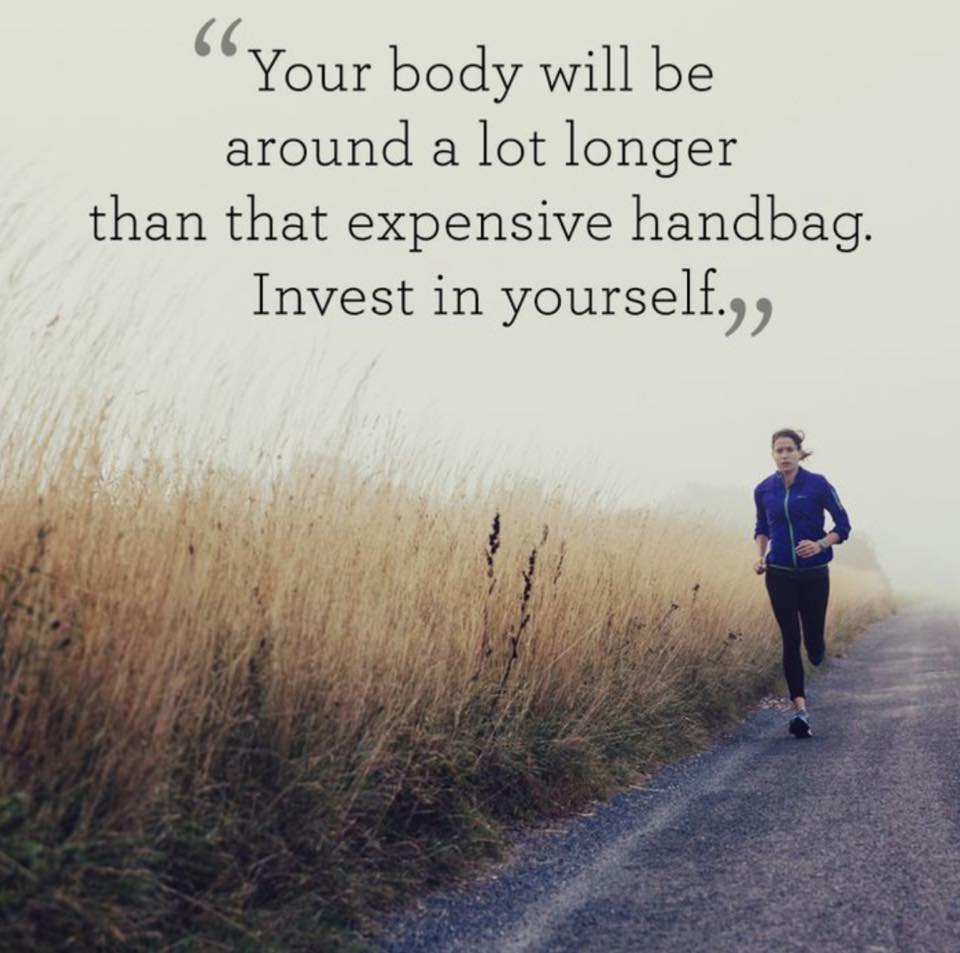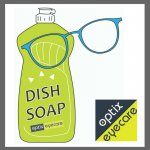Natural Ways to Keep Our Bones Strong
Keeping Our Bones Strong…..
Maureen McDonnell, RN – Health Editor WNC Woman Magazine
I’ll cut right to the chase – Due to the fact that our current health care system- (which really should be renamed our “Disease Care system”) is dominated by a very powerful pharmaceutical industry, most people (including physicians) are not clued in to the fact that there are many non-pharmaceutical approaches for both preventing and in some cases, reversing osteoporosis- a condition that affects 25 million Americans -1 in 3 women and 1 in 5 men over the age of 50.
Additionally, many falsely believe that since the creation of strong bone starts when we are young and our peak bone mass is reached around age 35– that changing to a healthier diet and lifestyle later on in life could not possibly or positively impact the health of our bones. But this is not necessarily the case. Of course, the younger we start taking care of our bones with nutrient-rich diets and exercise the better. But as you will see, there is much we can do to help keep our bones strong at any age!
Understanding a bit about the miraculous intricacies of bone formation is helpful. Bone is a living substance that contains blood vessels, nerves, and cells. To maintain healthy bones our body relies on a brilliantly designed, dynamic interplay between osteoclasts (cells that break down old bone to make room for new ones) and osteoblasts (cells that rebuild bones). Problems begin when the breakdown (resorption) exceeds the rate of bone formation (absorption), resulting in a decrease in bone mass.
Typically, when it is determined that a person has weak bones and they are diagnosed with Osteoporosis, instead of honoring and supporting this perfectly designed and intricate system, drugs such as Fosamax are prescribed. Although this drug (from a class of chemicals called biphosphonates) kills the osteoclasts cells -which will prevent excessive breakdown and create denser bones, it is now known that as a result of taking this medication, eventually the bones actually become weaker! How can this be you ask? It happens because this particular class of pharmaceuticals interfere with the dynamic interplay between osteoclasts and osteoblasts and the end result is your bone will not go through the natural regenerative process.
As if interfering in this natural process wasn’t enough of an alarm bell, Fosamax also doubles the risk for developing atrial fibrillation, increases risk of ulcers, can cause liver damage, gastric and esophageal inflammation, renal failure, skin reactions, low blood calcium levels, Osteonecrosis (jaw bone deterioration) and serious eye inflammations (possible blindness.)
Other Options to Consider: I think I speak for all of us when I say that our desire is to remain active and independent for as long as possible (and compared to previous generations, we are living longer)- So given the fact that our bones have all of these important functions – they are a warehouse of minerals, they house bone marrow (where white blood cells develop) and they shelter our vital organs (heart, brain, lungs etc.) it makes complete sense to find the best ways to do all we can to prevent the loss of bone mass and keep our bones strong without solely relying on pharmaceuticals (which in this case, may cause more harm than good.)
Lifestyle and Dietary Changes that will help create stronger bones:
- Diet– To obtain many of the nutrients necessary to maintain healthy bones, consuming a diet with lean sources of organic protein and an array of organic vegetables (especially green leafy ones) that are alkalizing and rich in calcium- or fresh made vegetable juice) is a great place to start.
- Acidic vs Alkalizing foods– Many of us in the natural health field ascribe to the idea that certain foods taken in excess – meat, grains, sugar, alcohol, coffee (and stress for that matter) cause our body to become acidic. Because the body must do all it can to maintain a balanced PH, an acidic condition can lead to the leaching of calcium from our bones and teeth leaving them depleted in this important bone protecting mineral. It may be wise to shift the balance by including more green vegetables, & other alkalizing foods such as legumes, an array of vegetables, nuts etc.
- Omega 3s Healthy sources of Omega 3’s (fish oil, krill oil etc.) are good for the bones. According to a study in British Journal of Nutrition, the Omega 3 fat DHA “appears to be a vital constituent of marrow and enhances bone mineral content.”
- Gluten Intolerance: Gluten (the sticky protein in wheat, barley, rye, some oats etc.) for some individuals (even when not diagnosed with Celiac) can prevent the absorption of nutrients needed for bone health. One study showed a Gluten Free diet minimized bone loss. (1)
- Stop with the Sodas: Phosphorus in soda depletes our calcium supplies and diet sodas cause a greater release of calcium
- 4 important nutrients: Calcium, K2, Vit D and Magnesium are required for healthy, strong bones. These all work together and each is dependent on the other. If one is missing or not present in the right amount our bones can pay the price. It is always best to obtain nutrients by consuming a varied, organic diet, but if diet alone is not sufficient (which may be the case due to depleted soils, high stress levels, excess toxicity, poor absorption etc.), supplementation may be necessary:
- Calcium (food sources include sesame seeds, sardines, spinach, almonds, Swiss cheese, goats milk, collard greens etc.)
- Vitamin K2 is referred to as the biological glue which helps calcium get absorbed into the bone matrix (food sources: egg yolk, butter, fermented dairy, fermented vegie or natto)
- Vitamin D (best source-15 minutes per day of sun exposure) May want to consider getting your Vitamin D level checked and if it is below 50 consider supplementing & recheck after 3-6 months.
- Magnesium (beans, nuts, green leafy vegetables, organic brown rice)
According to Dr. Joseph Mercola, MD “Many experts believe most bone health issues today aren’t due to insufficient calcium. Rather, it’s a lack of the other nutrients, vitamins K2 and D, and magnesium that may be putting people’s bone health at risk. The balance of bone-building nutrients is what truly matters. Too much calcium, or calcium without its other co-nutrients can be hazardous to your health, especially for your heart and arterial health. Calcium can end up in the wrong places in your body especially if taken without vitamin K2.” The type of calcium you take also makes a difference as many calcium supplements tested had unsafe levels of lead.
- Smoking: studies have also shown smoking cigarettes increases the rate of bone loss (2)
- Alcohol– consuming more than 2 drinks a day (for men) and 1 drink (for women) interferes with the body’s ability to absorb calcium which slows down the formation of new bone. (3)
- Exercise is considered by many to be as important to bone health as eating a diet that is rich in calcium and other bone protecting nutrients. If you don’t get the right kind of exercise, bones can lose their density, become brittle and break more easily. A Surgeon General’s report suggests 30 minutes of weight bearing physical activity (exercises that force you to work against gravity) of moderate intensity on most days (if not daily) and strength training at least 2 x per week. This type of exercise stimulates osteoblasts (bone building cells) Mercola suggests “a good exercise to include in your routine is a walking- lunge. This helps build bone density in your hips, even without additional weights.”
- Natural progesterone cream: Consider discussing its use (which is definitely NOT a synthetic version of progesterone) with your naturally oriented health practitioner.
Natural Progesterone cream can help promote the osteoblasts (cells that build bone). Depending on whether a woman is still menstruating, pre or post menopausal will determine how many days of the month the cream is to be applied. So do check with your health care provider. Normal bone loss accelerates during and after menopause for about 5-7 years before returning to the slightly slower rate than men experience so adding this soy or wild yam derived natural hormone might be helpful.
- Certain drugs can negatively impact bone health. Statins for instance- (a 29 billion/per year industry, used to lower cholesterol) often interfere with K2 and can increase one’s risk of deficiency. Antidepressants we know alter serotonin levels which can lower bone density.
Most startling of all, as mentioned previously, drugs given to treat Osteoporosis can weaken bones.
Summary: Having strong dense bones is key to living a happy, productive, active and independent life. No matter what stage of life we find ourselves in (but especially as we age) honoring this incredible gift we’ve been given by loving and taking care of your bones makes total sense. Since bone loss is symptomless (often referred to as “The Silent Thief”) and the only way to know if your bones are strong is to have a bone density test done regarulary – go do that! Additionally, exercise and find a health care provider who is well versed in the specific nutrients, diet and lifestyle components necessary to keep your bones strong. If all that is in place, and medications are still necessary, then so be it, but at least you will be a knowledgable and active participant in your health! As Betty Davis once said “getting older aint for sissys”. Many interpret this quote in a negative way – I believe she was encouraging us to be bold, step up and self educate ourselves about ways to stay healthy so we can be the happiest and strongest version of ourselves as we age!
Contact Maureen McDonnell, RN for a private health consultation ([email protected]). She has been a passionate, outspoken, holistic, nutritionally-oriented RN for 40 years and the Health Editor of WNC Woman Magazine for 6 years.
- J Gastroenterol.2001 Jan:96(1):11209 Osteoporosis in a North American adult population with Celiac,Meyer D,et al.
- J Bone Miner Res 1999 Feb:14(2):215-20 Smoking increases bone loss & decreases intestinal calcium absorption, Krall EA et all
- NIH Home Publications, Alcohol & Other factors affecting Osteoporosis Risk in Women, H. Wayne Sampson, PhD




